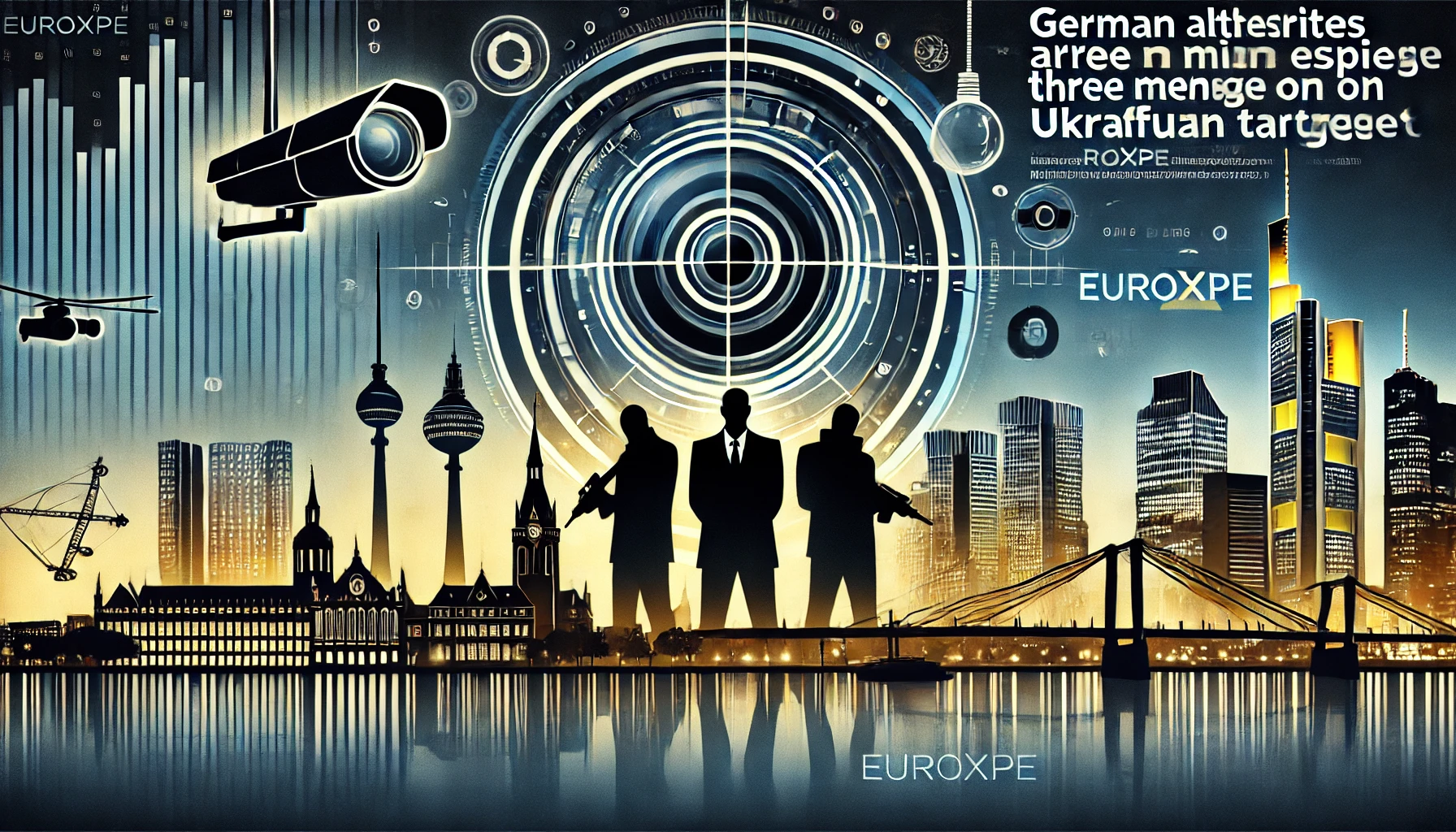The Euro 2024 men’s football tournament has been a significant event for Germany, drawing fans from across Europe and beyond. However, the country’s rail network, crucial for the seamless travel of fans, has faced severe challenges. Overheating trains, frequent delays, and regular cancellations have marred what could have been a showcase of German efficiency.
Niclas Füllkrug, a forward for the German national team, arrived early at the Adidas campus near Herzogenaurach, Bavaria. Füllkrug chose to travel the 300-mile distance from Hanover by high-speed train, relying on Deutsche Bahn, Germany’s national railway carrier. Not only is Deutsche Bahn a sponsor of the tournament, but it also represents the event’s ecological credentials. Unfortunately, years of underinvestment in rolling stock, railway upgrades, and digital signal box improvements have rendered Deutsche Bahn synonymous with delays and cancellations. The country’s long-standing reputation for punctuality has taken a hit, with fans and locals alike expressing concerns about the potential impact on the tournament.
Füllkrug’s journey was far from ideal. He found himself squeezed into a train car full of high school students on a class trip. While the experience was less than comfortable, it did provide an unexpected opportunity for interaction as he fielded questions about life with the national team. His journey, lasting several hours longer than expected, underscored the need to “have a bit of respect for Deutsche Bahn,” a sentiment many fans have come to understand all too well.
The influx of hundreds of thousands of fans from Europe and the United States has exposed the weaknesses in Germany’s rail network. Deutsche Bahn was a central component of Germany’s tournament plans, offering discounted rates on “climate-friendly train travel.” Organizers touted the tournament as the “most sustainable” edition of the European Championship. Despite these ambitions, the country’s rail networks have struggled to cope with the increased demand.
Before the tournament even began, Munich’s transport authority staff handed out ice pops to overheated travellers stuck on stalled trains. In Gelsenkirchen, England fans resorted to walking three miles to the stadium after trams came to a halt. In Stuttgart, Hungarian fans were greeted by a massive construction site at the city’s main train station, a project ongoing since 2010. Passengers navigated through long, disorienting wooden tunnels, a far cry from the vast hall they might have expected.
While some cities like Hamburg, Cologne, and Düsseldorf have fared better, the overall picture is one of unpredictability. Germany’s rail network, spanning over 20,000 miles, has seen roughly half its track length reduced in the past 70 years. This has resulted in overloaded routes and increased demand for both cargo and passenger transportation. The knock-on effects of delayed trains have caused widespread disruption, with only 63 percent of trains arriving on time last month, compared to 94 percent in Austria and 87 percent in France.
The state of the rail service has become a national embarrassment. Felix Dachsel, a columnist for Der Spiegel, felt compelled to apologise “in all 21 languages of the tournament” for the rail system’s failures. Critics point to a lack of investment since Deutsche Bahn’s formation as a private company in 1994. The German government, its sole shareholder, has been criticised for not allocating sufficient funds.
Despite these issues, efforts are underway to address the situation. The government has earmarked €40 billion ($42.7 billion) to invest in the aging railway infrastructure, with work set to begin on 40 key corridors this year. However, this will mean more construction sites and potential delays, though work is scheduled to start only after the tournament ends on July 15.
As Germany navigates these challenges, the tournament continues to highlight both the nation’s strengths and areas for improvement. Fans and players alike have learned to approach timetables with caution, embodying a spirit of adaptability in the face of a faltering rail system.






